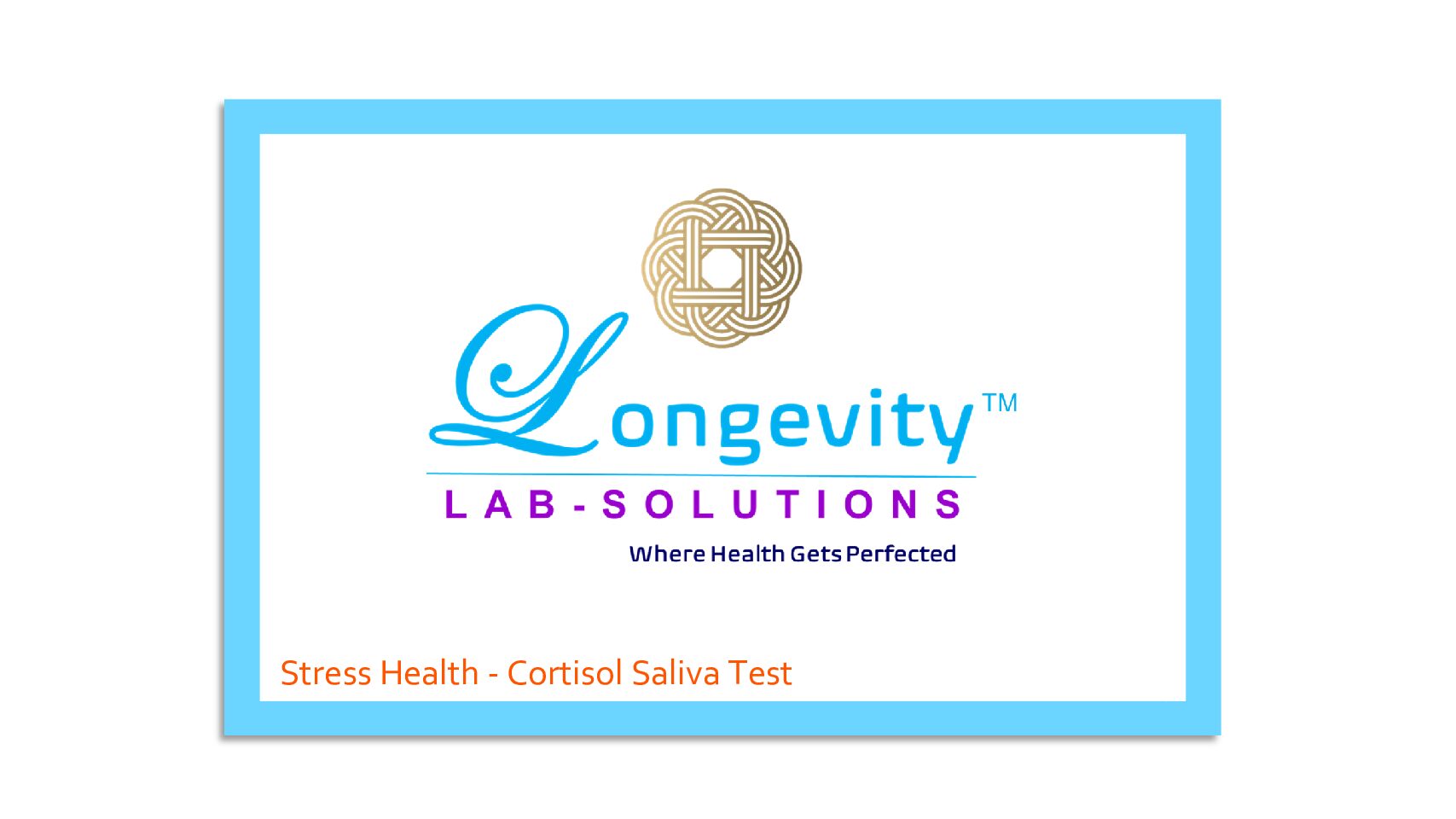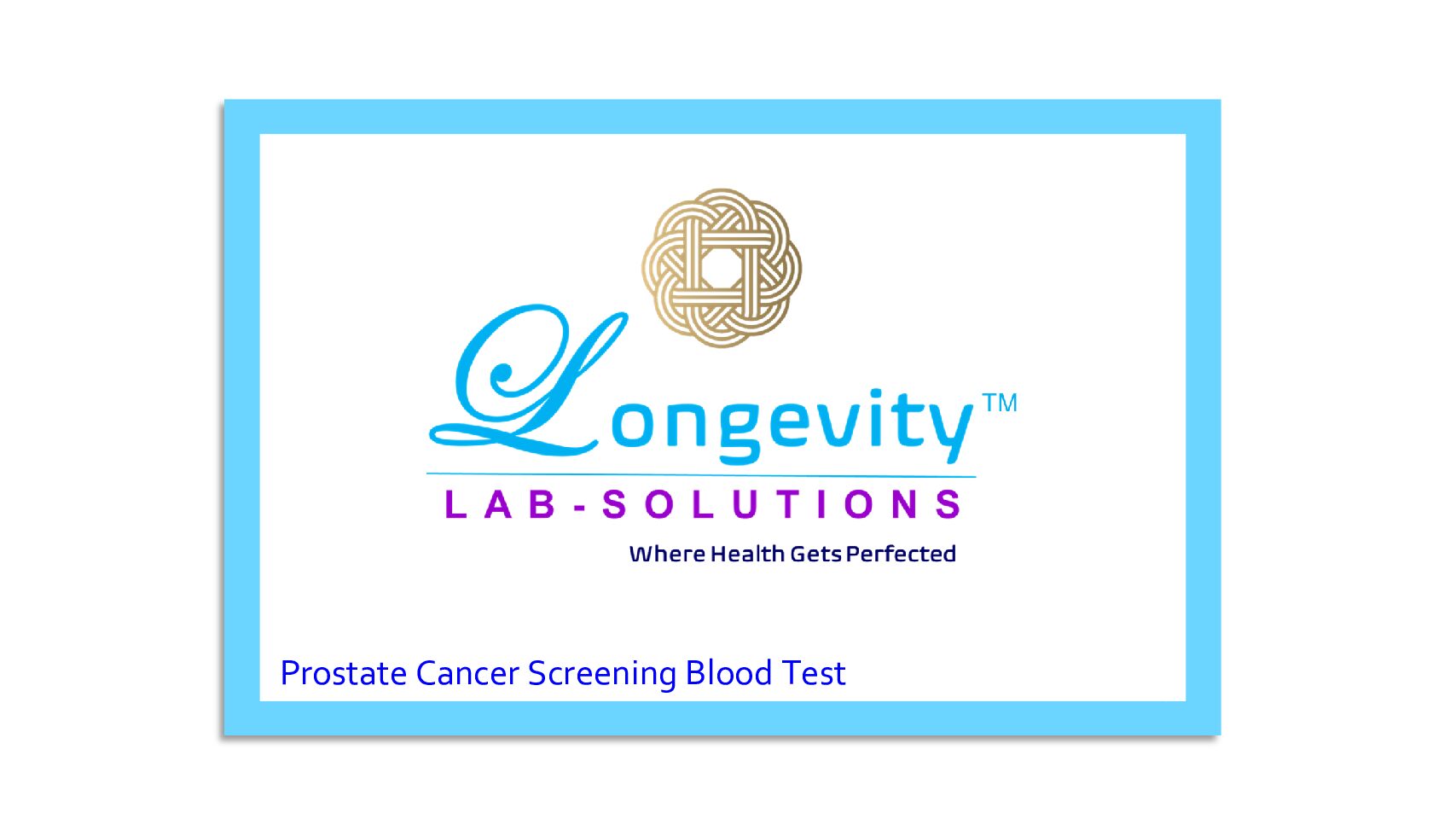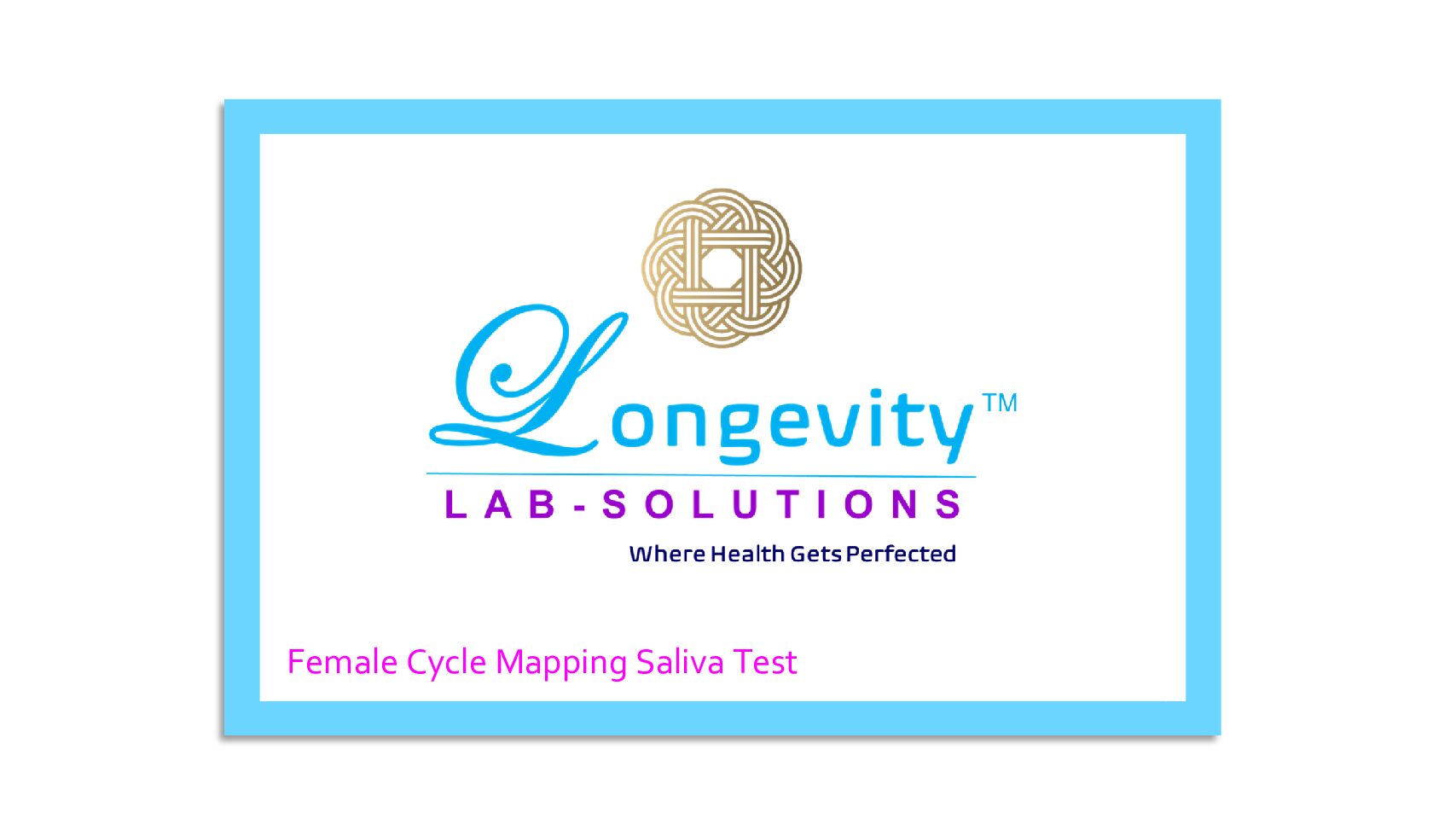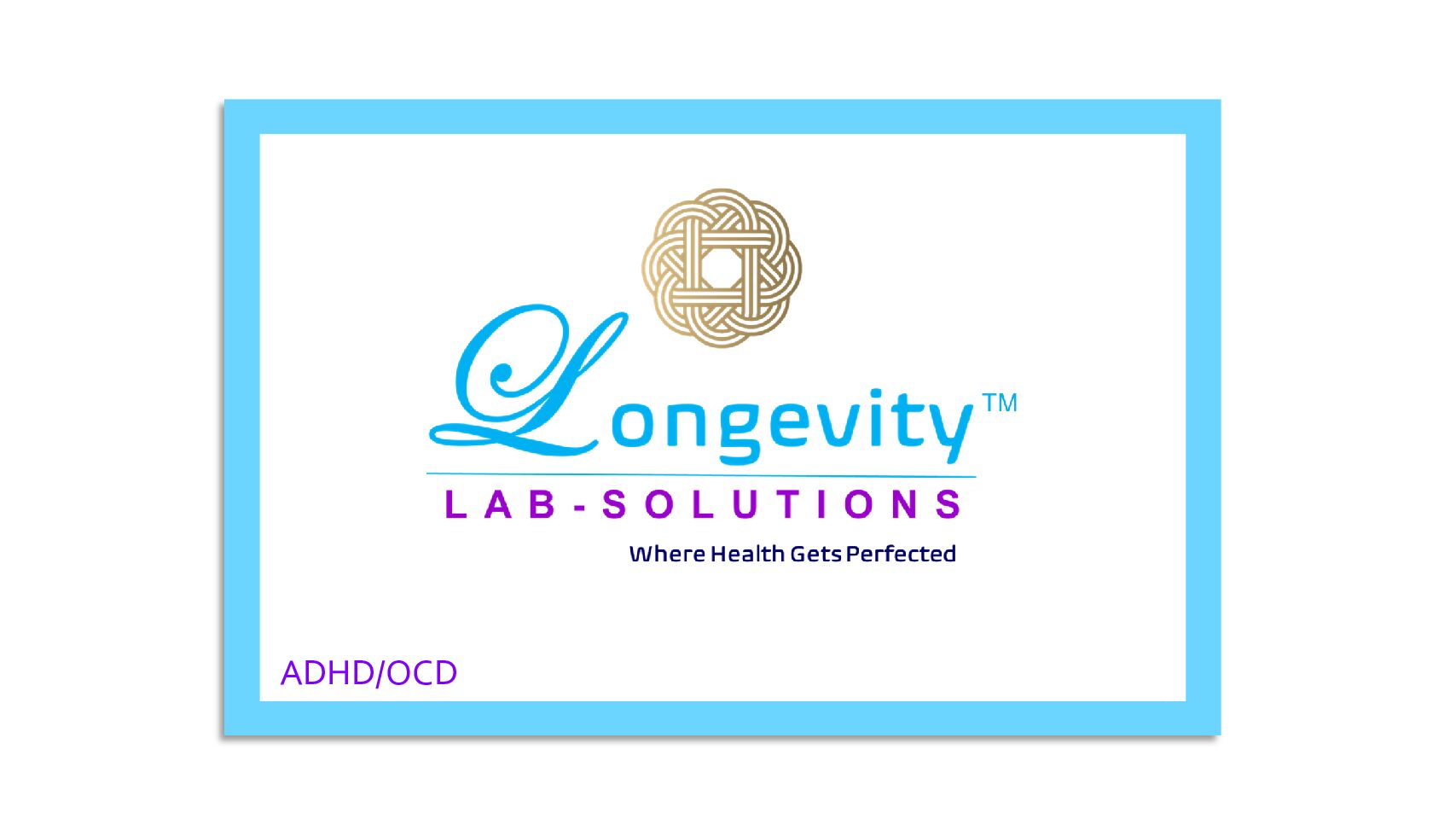Stress Health – Cortisol Saliva Test
$125.00
Cortisol is a hormone produced by the adrenal glands, which are located on top of the kidneys. It is often referred to as the “stress hormone” because its levels increase in response to stress and help the body cope with various physiological and psychological stressors. While cortisol is essential for the body’s stress response, chronic or prolonged stress can lead to dysregulation of cortisol levels, which can have negative effects on health. Excessive or prolonged cortisol secretion may contribute to various health issues, including sleep disturbances, weight gain, impaired immune function, cardiovascular problems, and mood disorders. This test can help evaluate cortisol levels at specific times or assess the diurnal pattern of cortisol secretion. Depending on the purpose of testing, samples may be collected in the morning or throughout the day. This test is done on saliva.
Description
Cortisol plays a significant role in the body’s response to stress. When faced with a stressful situation, the hypothalamus in the brain releases corticotropin-releasing hormone (CRH), which signals the pituitary gland to produce and release adrenocorticotropic hormone (ACTH). ACTH then stimulates the adrenal glands to produce and release cortisol into the bloodstream. While cortisol is essential for the body’s stress response, chronic or prolonged stress can lead to dysregulation of cortisol levels, which can have negative effects on health. Excessive or prolonged cortisol secretion may contribute to various health issues, including sleep disturbances, weight gain, impaired immune function, cardiovascular problems, and mood disorders.
It’s important to manage stress effectively to prevent chronic elevation of cortisol levels. Strategies for stress management may include relaxation techniques, regular exercise, adequate sleep, social support, and engaging in activities that promote well-being. If stress-related symptoms persist or significantly impact daily life, it is recommended to seek support from a healthcare professional or mental health provider who can provide guidance and support in managing stress and cortisol levels effectively.
Overview
Cortisol is a hormone produced by the adrenal glands, which are located on top of the kidneys. It is often referred to as the “stress hormone” because its levels increase in response to stress and help the body cope with various physiological and psychological stressors.
Function of Cortisol
Cortisol plays a crucial role in the body’s stress response and helps regulate various processes, including:
- Metabolism: Cortisol helps regulate glucose metabolism, assisting in the release of stored glucose for energy.
- Immune function: Cortisol has anti-inflammatory properties and helps modulate the immune response.
- Blood pressure regulation: Cortisol influences blood vessel constriction and the balance of fluids in the body.
- Sleep-wake cycle: Cortisol levels naturally fluctuate throughout the day, with higher levels in the morning and lower levels in the evening, helping regulate the sleep-wake cycle.
Stress Response
In response to stress, the hypothalamus in the brain releases corticotropin-releasing hormone (CRH), which stimulates the pituitary gland to release adrenocorticotropic hormone (ACTH). ACTH then signals the adrenal glands to produce and release cortisol into the bloodstream.
Diurnal Rhythm
Cortisol levels follow a diurnal rhythm, with the highest levels typically occurring in the early morning and the lowest levels in the evening. This diurnal pattern helps regulate energy levels and supports wakefulness during the day and restful sleep at night.
Imbalances
Chronic stress, certain medical conditions, medications, and lifestyle factors can disrupt the natural cortisol balance, leading to imbalances. High cortisol levels, known as hypercortisolism or Cushing’s syndrome, can cause symptoms such as weight gain, increased blood pressure, muscle weakness, and mood changes. Low cortisol levels, known as hypocortisolism or adrenal insufficiency, can result in fatigue, weakness, weight loss, and low blood pressure.
Mobilizing Energy
Cortisol helps the body mobilize energy resources to deal with the perceived threat or stressor. It increases blood sugar levels by stimulating the liver to convert stored glycogen into glucose, providing a quick source of energy for the body.
Suppression of Non-Essential Functions
Cortisol temporarily suppresses certain non-essential bodily functions that are not immediately necessary in a stress situation. These functions may include digestion, reproductive processes, and immune system responses.
Modulating Inflammation
Cortisol has anti-inflammatory properties and helps regulate the immune system’s response to stress. It can suppress immune system activity to prioritize the body’s immediate needs in a stressful situation.
Enhancing Memory Formation
Cortisol interacts with certain regions of the brain involved in memory formation, particularly the hippocampus. In acute stress situations, cortisol can enhance memory consolidation, helping us remember and learn from the experience.
Regulating Mood and Emotions
Cortisol can influence mood and emotions. Elevated cortisol levels during stress can contribute to feelings of anxiety, irritability, and even depression in some individuals.
Specimen Requirements
3 saliva samples:- one collected in the morning, at midday and in the evening. Store saliva samples in refrigerator until shipped.
Turn Around Time
24 – 72 hours
Price For Test
Price: $125







